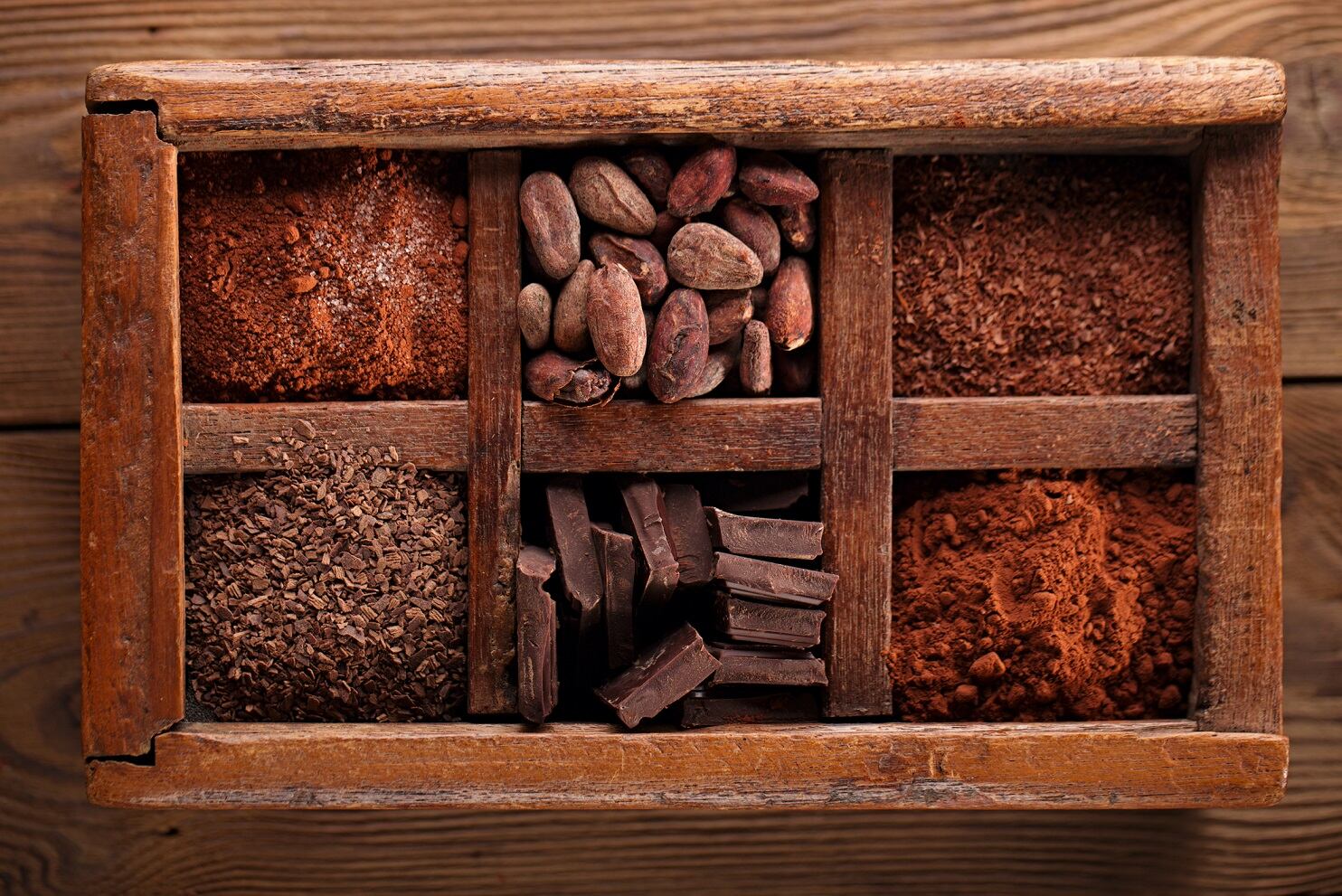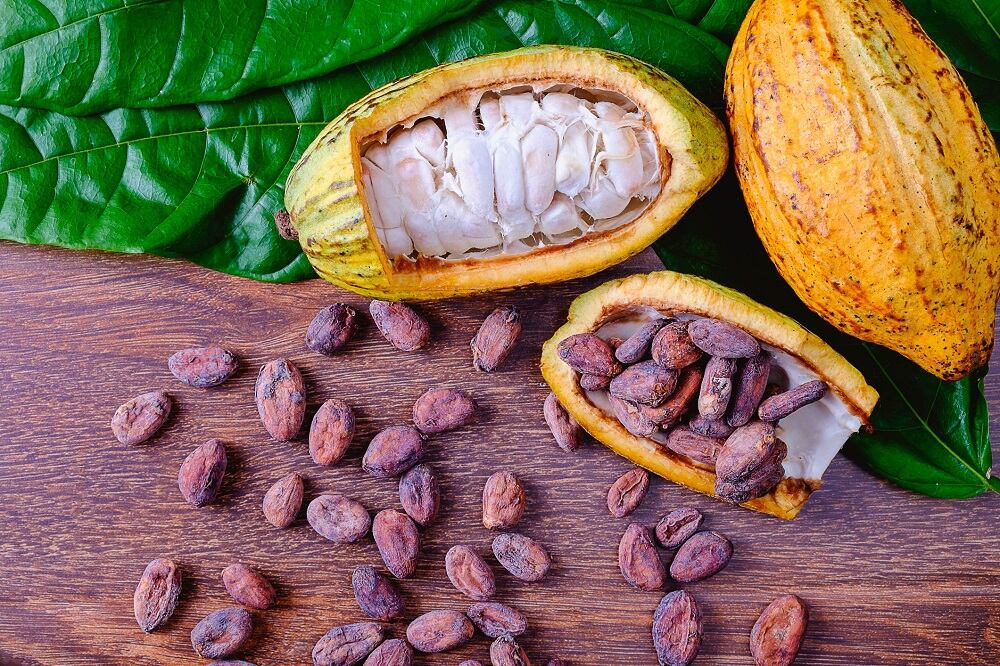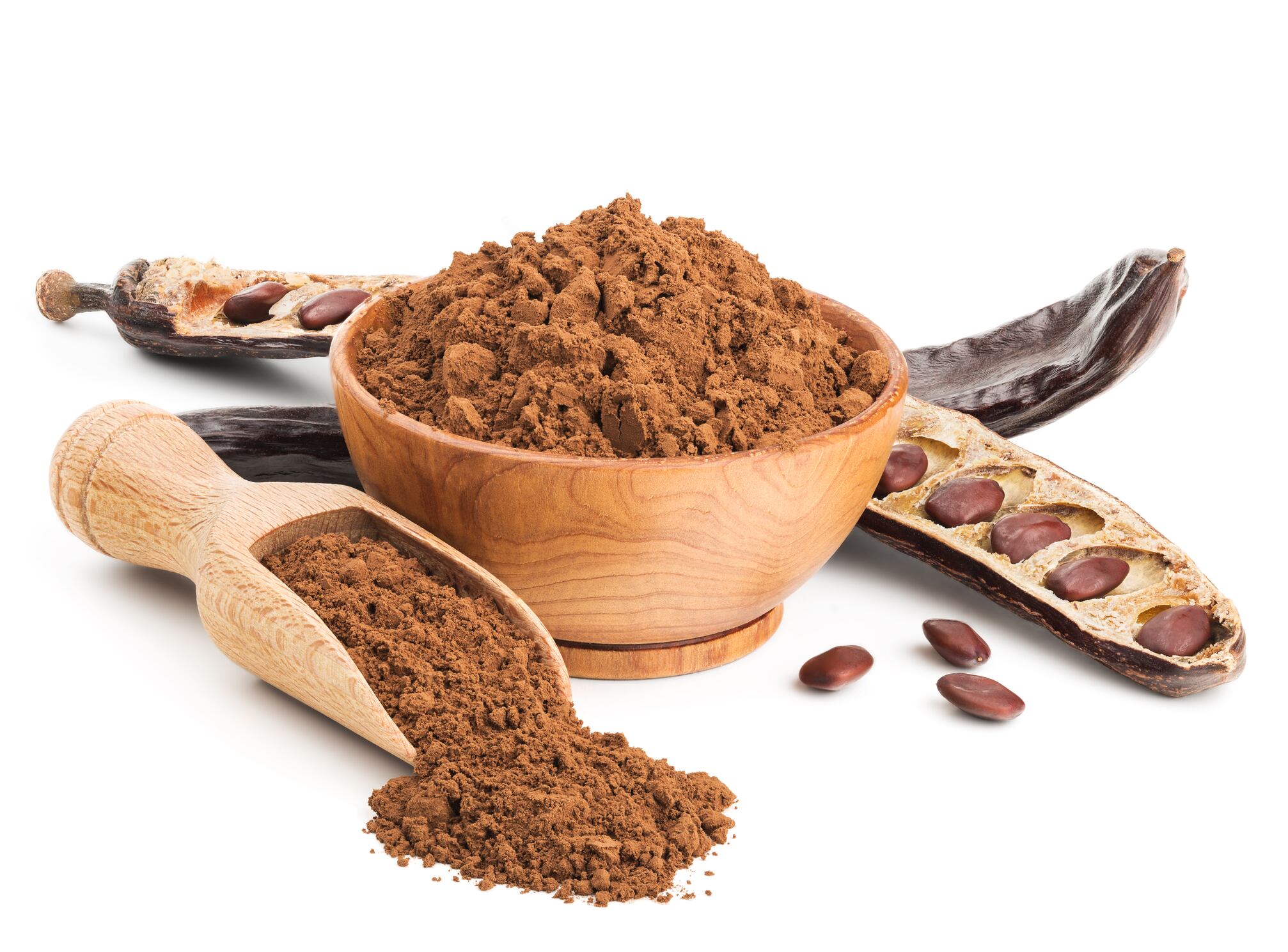Eight weeks of supplementation with the specially designed cocoa supplement was associated with significantly improve mobility and physical performance measures, and these were accompanied by improvements in cholesterol and markers of oxidative stress, according to findings published in The Journals of Gerontology: Series A.
“To the extent that the modest consumption of flavonoid-rich cocoa eliminates or reduces barriers and/ or conditions muscles toward an improved functional profile, it may also facilitate the active engagement of individuals in physical activities leading to the development a self-reinforcing positive feedback loop,” wrote scientists from the Instituto Politecnico Nacional in Mexico, the University of California San Diego, and the VA San Diego Healthcare System.
“The evidence provided in these small studies is provocative and opens up new possibilities in the management of aging-induced sarcopenia, decline in physical performance, and frailty, which should be further validated in large clinical trials.”
Guillermo Ceballos, MD, PhD, corresponding author for the new paper, told us that the product used in the study was a gift from Hershey’s that was specially prepared for them.
“Now we have several products derived from cacao (the procedures are the subject of patent applications) and we have pilot studies going on,” he said.
Cocoa’s benefits
The majority of science into the potential benefits of cocoa has revolved around cardiovascular benefits of the flavanols (also known as flavan-3-ols or catechins), and particularly the monomeric flavanol (-)epicatechin. Additional studies have reported potential benefits for skin health, and even brain health.
Swiss choc giant Barry Callebaut received authorization in Europe for two health claims relating to cocoa flavanols maintaining the elasticity of blood vessels, and contributing to normal blood flow. The two claims are for 200 mg of cocoa flavanols from cocoa beverages (with cocoa powder) or for dark chocolate (authorized in 2013), and for the same dose for capsules or tablets containing high-flavanol cocoa extract (2015).
Cocoa is not chocolate

In a 2008 review in the British Journal of Nutrition, scientists from Nestlé Research Center, the Medical University of South Carolina, and the University of California, Davis stated: “Chocolate and cocoa are two different terms and are not interchangeable.
“Cocoa is the non-fat component of cocoa liquor (finely ground cocoa beans) which is used in chocolate making or as cocoa powder (commonly 12 per cent fat) for cooking and drinks.
“Cocoa liquor contains approximately 55 per cent cocoa butter and together this comprises cocoa solids, often referred to on chocolate packaging. Chocolate refers to the combination of cocoa, cocoa butter, sugar, etc. into a solid food product.”
Study details
Dr Ceballos and his co-workers recruited 60 people aged between 55 and 70 to participate in their initial study. The people were randomly assigned to receive beverages formulated with no cocoa (placebo), flavonoid-free cocoa, or flavonoid-rich natural cocoa. A follow on study included 74 people aged between 65 and 90 and randomly assigned to one of the two cocoa groups. The flavonoid dose in the active group was 179 mg. Beverages were to be consumed once every day for up to 12-weeks.
Results from the initial study showed that the flavonoid-rich cocoa group experienced improvements in levels of blood glucose, triglycerides, HDL cholesterol, LDL cholesterol, and oxidative markers. Performance during a physical test also improved, as did scores for skeletal muscle index and quality of life.
In the follow-up study, the flavonoid-rich cocoa was associated with significant improvements in metabolic, oxidative stress, and inflammatory endpoints. The researchers also observed improvements in physical performance, frailty indicators, and quality of life, compared to the flavonoid-free cocoa group.
Specifically, Dr Dr Ceballos and his co-workers found that performance in the 6 minute walk test improved by an average of 35 meters, while a step test improved by an average of 13 steps, a grip strength also increased. an improvement of about 35 m was noted in the 6 minutes
“These effects led to improvements in measures of frailty. As such, for the first time, a natural food rich in flavonoids appears to trigger effects similar to those reported by long-term physical conditioning in the elderly population,” they wrote.
IP
Dr Ceballos told NutraIngredients-LATAM that the group has patents already granted for the treatment of muscular disorders (US 9,901,564 B2) and mitochondrial toxicity (US 10,052,316 B2).
Source: The Journals of Gerontology: Series A
Published online ahead of print, glz107, doi: 10.1093/gerona/glz107
“High Flavonoid Cocoa Supplement Ameliorates Plasma Oxidative Stress and Inflammation Levels While Improving Mobility and Quality of Life in Older Subjects: A Double-Blind Randomized Clinical Trial”
Authors: L. Munguia et al.




